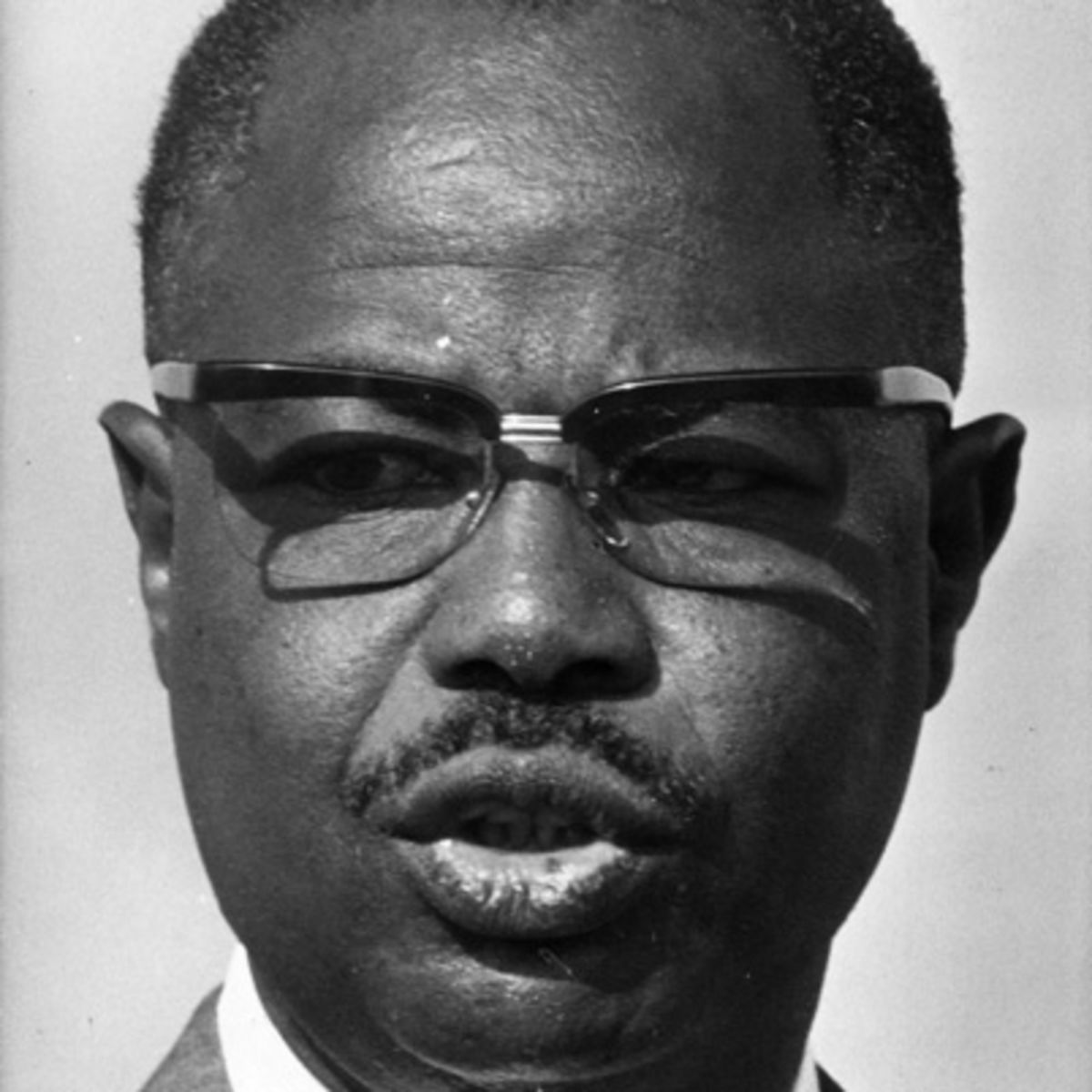Renewal of anti-gay law would move Cameroon backwards
Colin Stewart is a 45-year journalism veteran living in Southern…
Alternatives-Cameroon calls on President Paul Biya to block enactment of a revised Penal Code that reinforces the old Penal Code’s criminalization of homosexuality. The Douala-based advocacy organization, which fights against Aids and for recognition of the human rights of LGBTI people, today issued this press release:
Retaining the Criminalization of Homosexuality in Cameroon
A step backwards for human rights in Cameroon

On June 28, 2016, the Cameroonian Senate endorsed in its entirety the Penal Code bill that the National Assembly had adopted a few days earlier. This bill now has been sent to Parliament for its second reading, even though its provisions violate international law.
Sexual relations between consenting adults of the same sex had not been criminalized in the version of Penal Code of Cameroon that was enacted on 12 June 1967. That occurred in 1972, when an order by the President of the Republic inserted Article 347 bis in the Penal Code.

[Editor’s note: Order No. 72-16 of September 28, 1972, by then President Ahmadou Babatoura Ahidjo. Under the terms of Article 347 bis, “Whoever has sexual relations with a person of the same sex shall be punished with imprisonment from six months to five years and fine of from 20,000 to 200,000 francs.”]
Its constitutionality has been challenged by lawyers, because its introduction into the Penal Code was never debated and voted on in the National Assembly.
By retaining this criminalization of homosexuality, the new Penal Code gives it legality and legitimacy. That can only be interpreted as a setback for human rights in Cameroon.
Since 2010, questions have been raised about the possibility of changing Article 347 bis. But the opportunity to reinforce the criminalization of homosexuality was found elsewhere — in the Cybercriminality and Cybersecurity Law.
A provision of that law criminalizes homosexual electronic exchanges. [Editor’s note: In Law N°2010/012 of December 21, 2010, on Cybersecurity and Cybercriminality, Article 83 provides: “(1) A penalty of imprisonment for one (1) to two (2) years and a fine of 500,000 (five hundred thousand) to 1,000,000 (one million) CFA francs or one of these two penalties, for a person who, through electronic communications, made sexual proposals to a person of the same sex. (2) The penalties provided in paragraph 1 above are doubled when proposals were followed by sex. “]
Strengthening the criminalization of homosexuality in Cameroon has an impact on public health. Cameroon is in the middle of a widespread epidemic with a particular concentration of HIV prevalence among men who have sex with men (MSM). [Prevalence among the general population is 4.2%. Prevalence among MSM is 24.2% in the city of Douala and 44.3% in the city of Yaoundé.]

To respond effectively to this pandemic, and to achieve the 90 90 90 objectives set by UNAIDS, Cameroon since 2014 had decided to integrate MSM into its National Strategic Plan for the Fight against AIDS.
[Editor’s note: The UNAIDS 90 90 objectives are as follows: “By 2020, 90% of all people living with HIV will know their HIV status. By 2020, 90% of all people with diagnosed HIV infection will receive sustained antiretroviral therapy. By 2020, 90% of all people receiving antiretroviral therapy will have viral suppression.”]
However, maintaining the criminalization of homosexuality appears to be at odds with the national strategic response against HIV. To accelerate that response and defeat AIDS between now and 2030 will require taking into account human rights as well as the fight against violence and discrimination based on sexual orientation and gender identity.
Maintaining the criminalization of homosexuality also conflicts not only with the provisions of the Universal Declaration of Human Rights but also with the observations and recommendations of the international community on human rights in Cameroon. [See recommendations for Cameroon from the second cycle of Universal Periodic Review 2013.]
It also conflicts with Resolution 275 of the African Commission on Human Rights and Peoples. [Editor’s note: Resolution 275, approved in 2014, calls for “Protection against Violence and other Human Rights Violations against Persons on the basis of their real or imputed Sexual Orientation or Gender Identity.”]

We regret that Cameroon is not advancing in the promotion and protection of human rights.
We regret that Cameroon is not meeting the commitments it has made at international level on human rights and in the fight against HIV / AIDS.
We ask the President of the Republic to make history with regard to human rights in Cameroon by not enacting this criminal law, which does not reflect the commitments that Cameroon has made at the international level.
Related articles:
- LGBTI activists challenge Cameroon police harassment (April 14, 2016, 76crimes.com)
- Support for imperiled LGBTI activists in Cameroon (April 14, 2016, 76crimes.com)
- One arrest, one scam, one threat in Cameroon (76crimes.com)
- Another attack on a Cameroon activist; a plea for help (76crimes.com)
- Cameroon: Life of a gay activist turns to drama (76crimes.com)
- Quick response to new anti-gay persecution in Cameroon (76crimes.com)
- Cameroon police arrest LGBT activist, block AIDS clinic (76crimes.com)
- Cameroon: Human rights plea provokes death threat (76crimes.com)


